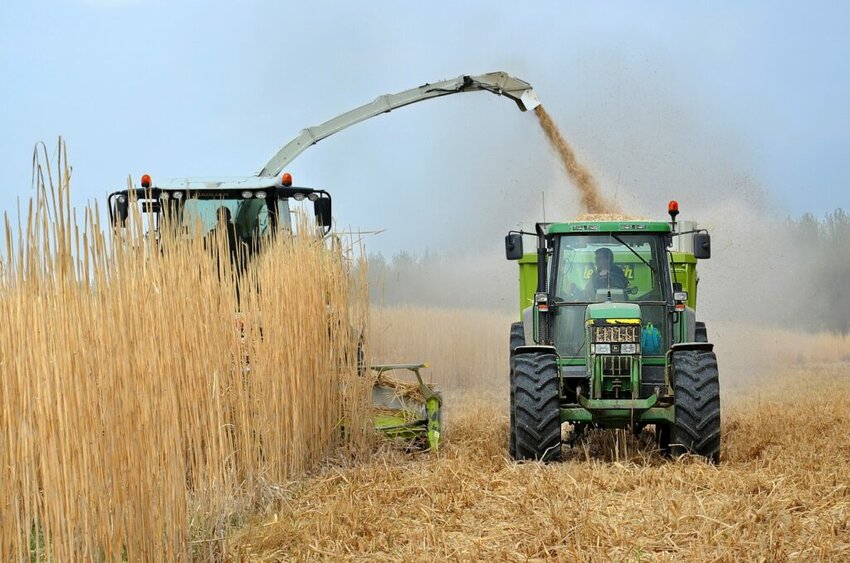 (Credit: Pixabay)
(Credit: Pixabay)Cooperative bank and financial services provider CoBank Thursday published its third quarterly report for 2021, addressing pandemic-related supply chain issues throughout the economy, including the biofuels, natural gas, and hydropower sectors.
Biofuels production dropped two billion gallons vis-à-vis last quarter, from 16.4 billion gallons to 14.2 billion gallons, annualized. CoBank attributed this to supply chain bottlenecks, planned plant maintenance, and economic concerns over the delta variant. Despite this, biofuels became more profitable, doubling in the third quarter from $0.20 per gallon to $0.43 per gallon. Higher ethanol prices, lower corn input costs, and efficiency gains are three factors cited by CoBank for the rise in profitability. The agriculture industry continues to push for increases in gasoline ethanol-mix requirements while the fossil fuel industry continues to push for decreases.
With regard to natural gas, prices are at their most expensive since 2014, spurred by increased international demand for U.S. exports. The U.S. has increased its natural gas exports, from 3% one year ago to 10% today. A rapidly recovering global economy, coupled with a slower-than-anticipated recovery in domestic production, is expected to leave U.S. natural gas supplies at a 5% deficit vis-à-vis its five-year average. The situation is more severe in Europe, whose northwest region reportedly has a supply deficit 24% below average.
With regard to water, in 2021 the Western U.S. experienced low snowpack, rapid melt out, and poor runoff efficiency. Ninety four percent of the region currently registers moderate or severe drought. CoBank reported that the West’s largest reservoirs “have tipped to crisis,” threatening both the region’s water supply and hydropower generation. Mandatory water consumption cuts went into effect following the federal water shortage declaration for the Colorado River — the first time such a declaration has been made for the water source. California also adopted
“emergency curtailment” orders for the Sacramento-San Joaquin Delta watershed, which supplies water to two thirds of Californians and millions of acres of farmland.